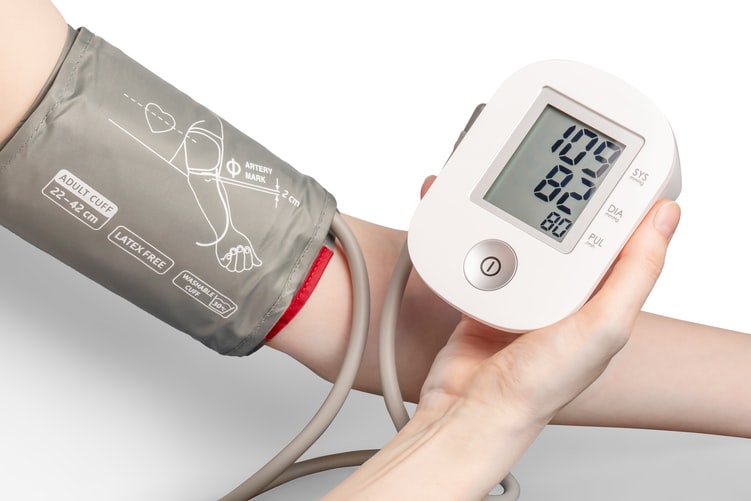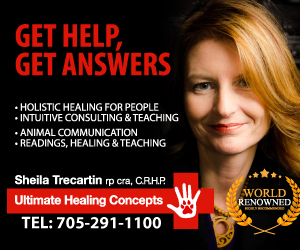Having your blood pressure taken during an annual check-up is always part of the routine. In fact, compared to CT scans and MRI procedures used to detect complex problems, most people don’t give blood pressure readings much thought. As long as the doctor reports normal readings, there’s no reason for concern. But have you ever wondered if your blood pressure reading is accurate?
Multiple studies have shown that 15% to 30% of those who have elevated blood pressure in a doctor’s office or other health care setting have normal blood pressure when checked at home. It is not shocking news. You must be a pretty cool patient not to be somewhat uptight in medical offices. There is always the concern that the doctor will have bad news.
What may be a surprise is that there are nineteen requirements to obtain a true blood pressure reading! How many of these measures are followed in a busy doctor’s office?
For instance, patients are required to sit for five minutes before a blood pressure reading is taken with back supported and feet flat on the ground. This means that perching on an examining table with feet dangling is a no, no. So is crossing your legs. Never place the cuff over clothing. And at least two measurements should be taken during the visit, with the average being recorded.
Patients should also relax and breathe normally. Smoking before the test, consuming caffeine, or exercising are all forbidden before a blood pressure reading. Also, if you are on hypertensive medication, don’t take it just before the visit to the doctor’s office.
Another important no-no, which you may not have considered is that blood pressure, must not be taken when you have a full bladder. So, have the courage to say, “Doctor, before you take my blood pressure, could you wait for a few minutes so I can use the bathroom?”
What about the blood pressure cuff? A cuff that is too small or large can cause an unreliable reading. So can a cuff that is too tight or not tight enough. Your arm should be resting on a table roughly the height of your heart while blood pressure is being taken. A series of readings over time are more accurate if taken at the same time of the day in a similar context.
Do you still have blind confidence in your blood pressure readings? If you have been prescribed blood pressure medication, do you need it? Or was the diagnosis the result of “white-coat hypertension?”
If these basic blood pressure requirements are not filled during a medical examination, patients are left with a quandary. It requires a strong personality to say to the nurse or doctor, “I’m worried this may not be an accurate blood pressure reading because you failed to follow the standard procedures.” It’s not the best way to engender good relations between doctor and patient. So, what else can be done?
For anyone taking blood pressure drugs, it’s prudent to purchase an automatic digital blood pressure monitor. These are more accurate than the traditional manual devices used in offices that require a squeeze of the rubber bulb to inflate the cuff. All you have to do with a digital device is to wrap the cuff around the arm, push the button to inflate the cuff, and in a few moments, you have the result.
Now it’s easy to say, “Doctor my digital cuff says my blood pressure is consistently 130/80 when I am at home. Maybe I just have white coat hypertension.”










